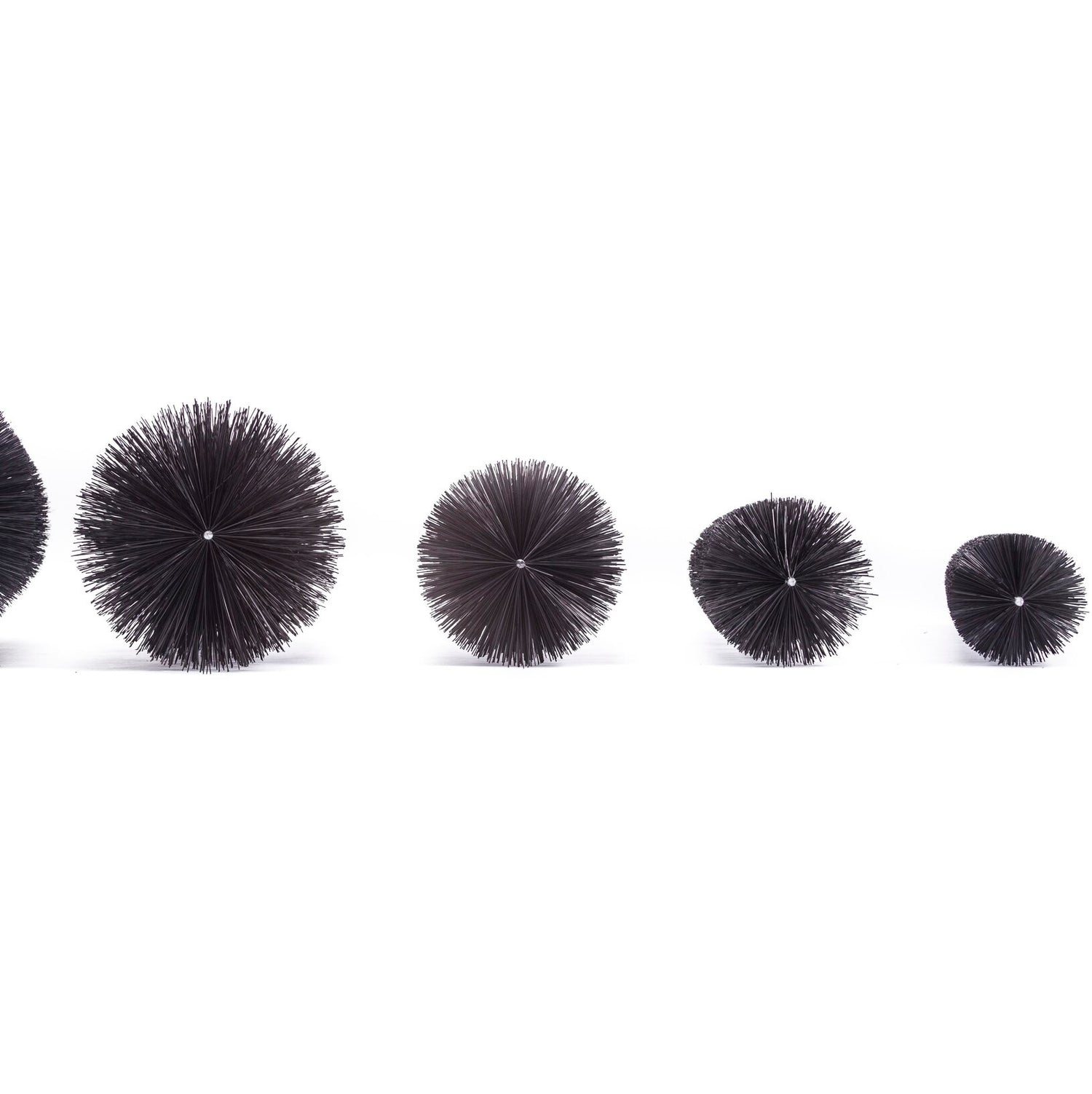GutterBrush vs. Leaf Filters Micro Screens
Which Gutter Solution Is Right for You?
When it comes to effective gutter protection, choosing the right product can make all the difference. Both GutterBrush and Leaf Filter offer unique approaches to prevent clogs and keep your gutters flowing. But how do they compare? Let’s break down the key differences to help you make an informed decision.
How GutterBrush Compares
Leaf Filter vs Gutter Brush: Explore how GutterBrush and Leaf Filter stack up across key features to help you find the right gutter protection solution for your needs.
Why GutterBrush is the Smarter Choice
-

No Pushy Sales Tactics
Get the information you need without pressure—just honest answers and transparent pricing.
-

No Installation Costs
Install GutterBrush yourself in minutes—no contractors, tools, or extra fees required.
-

Effortless Maintenance
Say goodbye to constant cleaning. GutterBrush keeps your gutters flowing with minimal upkeep.

A DIY-Friendly Choice vs. Expensive Installation
Installation and Costs
GutterBrush:
- Easy, no-hassle installation—no tools or professional help required.
- Affordable solution with no hidden costs or long-term contracts.
Leaf Filter:
- Requires professional installation, driving up the overall cost.
- Installation can cost thousands, making it a significant financial commitment.
Winner: GutterBrush offers a more budget-friendly, DIY approach, saving you time and money.

Keep Your Gutters Flowing with Minimal Effort
Performance and Maintenance
GutterBrush
- Designed to allow water to flow even with leaves on top of the brush.
- Easiest gutter guard to maintain. Occasionally remove brushes, shake clear and reinstall. No tools.
Leaf Filter
- Micro-mesh screens can trap smaller debris, leading to blockages.
- Requires occasional cleaning to avoid overflow when debris clogs the mesh.
Winner: GutterBrush ensures better water flow and requires less frequent maintenance.

Versatility in Managing Different Debris Types
Debris Handling
GutterBrush:
- Handles large and small debris, including pine needles, acorns, and leaves.
- Debris is held in the top of the brush, allowing water to flow through and gutters preventing downspouts from clogging
Leaf Filter:
- Struggles with fine debris like roof grit and pine needles, which can stick to the mesh.
- Can allow water to overflow during heavy rain if mesh becomes clogged.
Winner: GutterBrush excels at managing various debris types without compromising water flow.

Adaptable Solutions for Any Home
Flexibility and Longevity
GutterBrush:
- Fits gutters of all sizes (4", 5", 6", 7", 8") and works with existing gutter systems.
- Durable materials that withstand harsh weather conditions and temperature changes.
- Backed by a 10-Year Material Guarantee for long-term peace of mind.
Leaf Filter:
- Works only with specific types of gutters, limiting flexibility.
- Can be less effective over time due to wear on the micro-mesh.
Winner: GutterBrush offers more versatility and long-term performance.

Value-Driven Protection with Proven Results
Customer Experience
GutterBrush:
- As a family-owned business, GutterBrush takes pride in offering personalized service. Every interaction reflects their dedication to treating customers with care and respect, ensuring each buyer finds the right solution without pressure.
- Their responsive support team goes above and beyond, focusing on satisfaction and making the process as smooth and stress-free as possible.
Leaf Filter:
- Leaf Filter has drawn criticism for using high-pressure sales tactics, leaving some homeowners feeling overwhelmed. Customers have reported frustration with unexpected costs and aggressive pitches, which can make the buying experience stressful.
Winner: GutterBrush stands out with its family values and personalized care, while Leaf Filter's pushy sales approach can lead to a frustrating experience for buyers.
-

Keep Out Leaves
-

Keep Out Pine Needles
-

Keep Out Twigs
-

Keep Out Birds
-

Keep Out Rodents
-

Keep Out Ice Dams
Common Gutter Protection Failures
Those who work outside, know everything gets dirty and everything outdoors requires maintenance and cleaning. Scroll down to learn about gutter guard performance and comparison.
Leaf Filter vs Gutter Brush FAQs






















